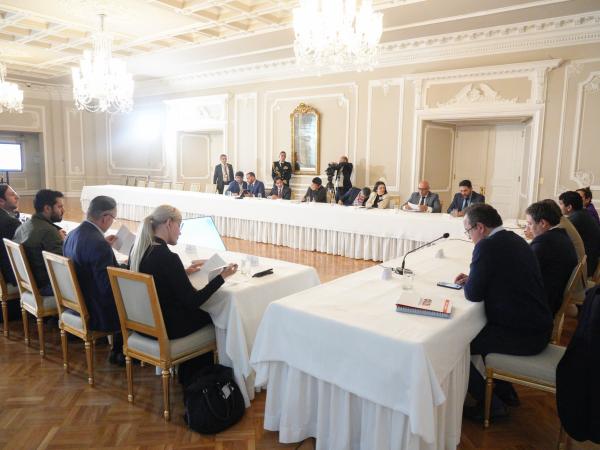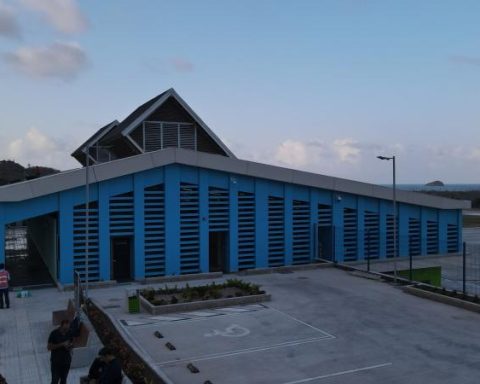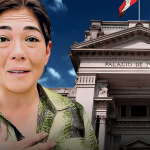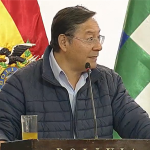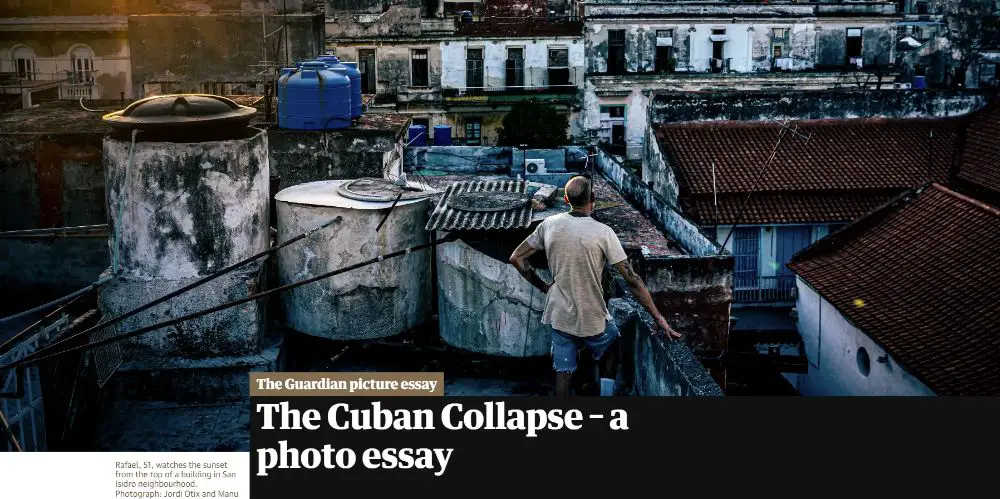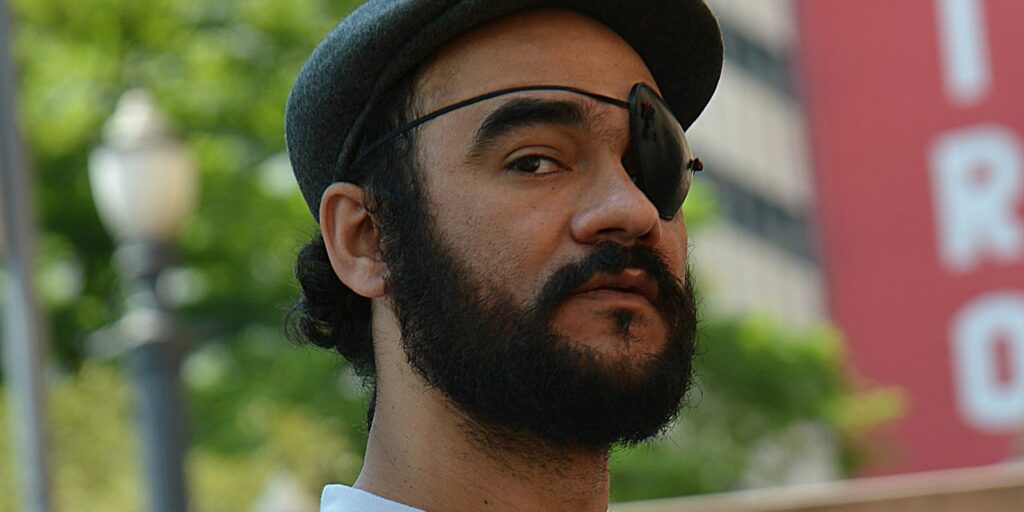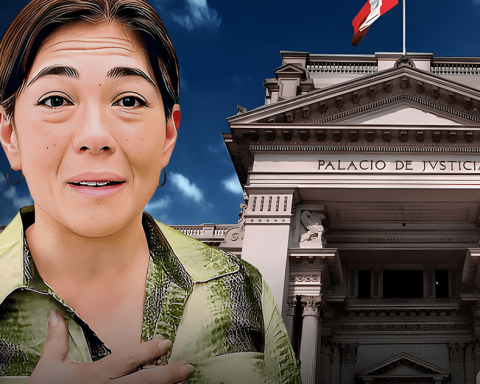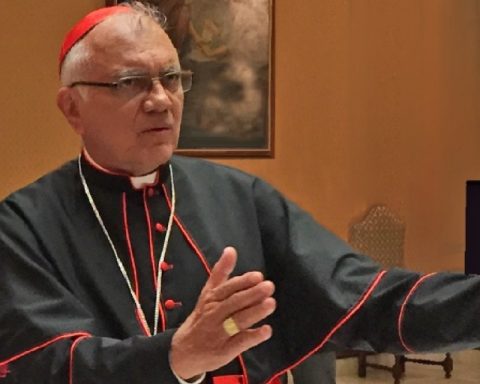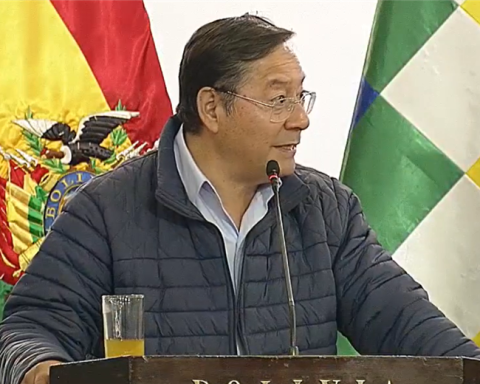The project of health reform continues to be a workhorse for the Government. This Monday night a meeting was held between members of the conservatives, the ‘U’the speakers of the Seventh Commission and the president, Gustavo Petrobut she lacked Cesar Gaviriathe natural leader of Liberal Party and one of the critics of the government project.
After the meeting, the Minister of the Interior, Alfonso Pradaannounced that the Executive’s initiative was 99% reconciled.
(Health reform: for now, conservatives and the U do not move away).
Yesterday, Gaviria surprised by issuing a statement in which he announced that the ‘red’ community will not support this project because “they failed to reconcile the lines that the party defends”, which puts the initiative to falter.
These points are: that the EPS maintain the leading role they have had and that the 30 years of experience they have be taken into account, as well as that users can choose their health provider entity.
(Health reform: Liberals decided that they will not support the Government).
According to the liberals, elements that they saw as risky persist, and the recommendations they raised did not remain in the draft of the presentation.
“Since the beginning of these conversations, my position and that of the Liberal Party has been to strengthen insurance, without destroying or limiting the participation of the private sector in favor of the fundamental right to health and the social objectives of Colombia, preserving the election of people within the system and avoid inadequate financial risk management in the health sector with instruments that may favor a lack of transparency or politicization of public resources”, he assured.
(Unions face a ‘broken phone’ in their relationship with the Government).
From the party they ask for a reform that “build on what has been built, capitalize on the capacities that have been generated by different actors in the health system, promote substantial improvements in the health and dignity of people and do not generate regression in the fundamental right to health”.
The decision is made even after Prada stated that it is going to “preserve a mixed health system in Colombia and primary care through Primary Care Centers (Caps), which aim to bring health close to home. In this system, the EPS (which will be renamed EGSV) will have an administrative role”, the above to rescue the experience of 30 years.
(Afidro proposes a technical debate on the shortage of medicines).
Also, yesterday the leader of the ‘U’ party, Dilian Francisca Toromentioned that despite what was stated by Prada, they “they will wait for the final article” and “If the articles do not have the agreements embodied, then we also get up”, just as the Liberal did.
What’s next for the project?
In this sense, the next step should be the construction of the presentation of the health reform project that should begin to be discussed in the Seventh Commission of the Chamber of Representsbefore. This is because it was presented as ordinary law.
This presentation must have the points agreed between the parties of the coalition and the president, so that he can have the support of the congressmen of the Conservative and the ‘U’.
(It will seek to revive the Equality Fund).
Thus, counting on those votes, the project would have 13 of the 21 in the Seventh Commission, which is its first debate; 107 of 187 in plenary session of the Chamber; 9 out of 4 in the Seventh Committee of the Senate and 63 out of 106 in the plenary session of the Senate. In other words, the government program is still alive without the liberals.
To which is added that it is not known how many members of the Liberal Party will not agree with their leader and decide to support the project in Congress. But if the article does not include what the ‘U’ and the conservatives added, it would not have enough votes.
(The 10 criticisms that Asofondos has about the pension reform).
On the other hand, if the points that stop the Minister of Health, Carolina Corchoand the Executive are essential, “the government would withdraw the project”, as Corcho stated in a forum organized by Andi.
‘Los rojos’, for their part, will present their own project in the second legislative period.
Additionally, there is the Radical Change counter-reform project, which was filed as statutory law, so a different process awaits it. As well as the one who presented the Democratic Center The commitment of the current Government was recently known.
CLAUDIA M. QUINTERO RUEDA
Journalist Portfolio
